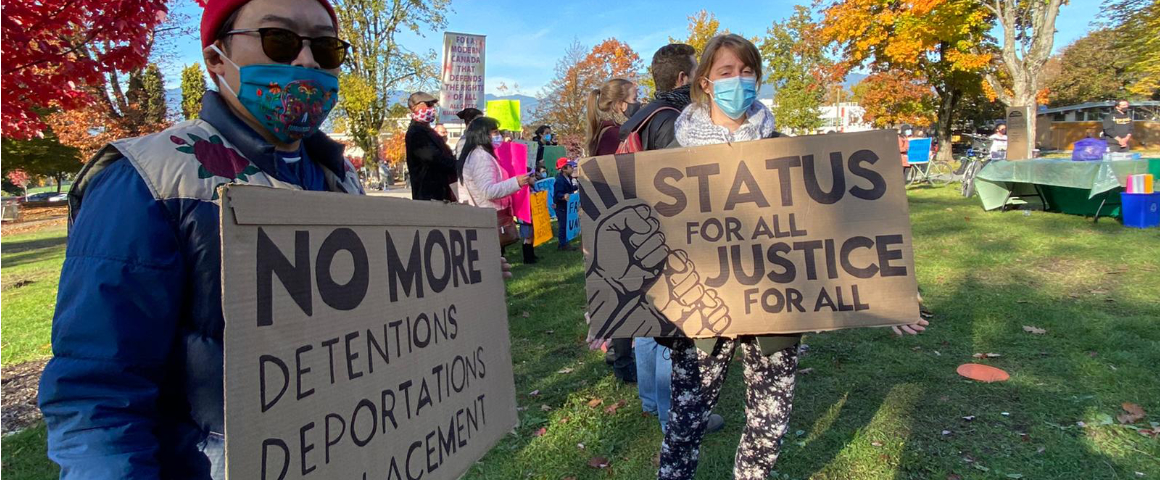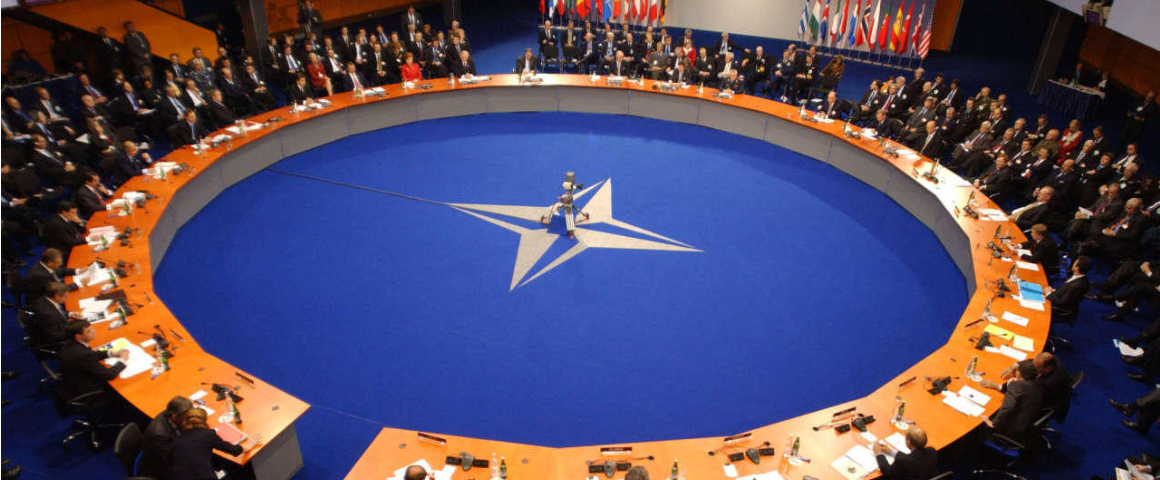By Stéphane Doucet
In a brief tabled last year on immigration planning in Quebec for the period 2024-2027, the Centre des travailleurs et travailleuses immigrants (CTI, Immigrant Workers Centre) proposed dozens of recommendations on temporary immigration, protection of the French language, workers’ rights and more.
In its recommendations, CTI called for the selection of permanent immigrants to not be subjected to the constantly fluctuating labour market, for French language proficiency requirements to be relaxed in favour of a focus on francization, for the use of relevant metrics to determine capacity for accommodating immigrants, and for the abolition of work permits that are tied to a single employer.
The document represents a clear desire to improve employment rights for immigrants, to tackle discrimination based on citizenship status, and to approach immigration in a rational manner that avoids the sensationalism so common in electoral politics. At the same time, CTI firmly argues that solidarity between workers of different origins is a tool in the fight against the bosses.
On March 21, federal Minister of Immigration, Refugees and Citizenship Marc Miller announced his intention to reduce the proportion of temporary residents in Canada from the current 6.2 percent to 5 percent by 2027. The government said it will achieve this by reducing the maximum rate of temporary immigrants in the workplace from 30 percent to 20 percent.
While the Conseil du patronat du Québec (Quebec Employers Council) was quick to denounce the announcement, the response from the labour movement was more principled.
United Steelworkers (USW) Quebec director Dominic Lemieux said, “It’s all very well to lower the limit to 20 percent in a single plant, but it still has to be enforced. With the simplified processing procedure, employers completely bypass this limit and can even recruit without first posting positions on the Quebec job market. This abuse of the program must stop. Nearly two-thirds of temporary foreign workers arriving in Quebec in 2023 were admitted under simplified processing. The Temporary Foreign Worker Program rules must apply to all employers.”
Lemieux added that if these temporary workers are hired into positions that are needed on a permanent basis, they should have the right to permanent immigration. Otherwise, he says, “it’s a system with two classes of workers, one of which has precarious status.”
But concerns like these are ignored by the mainstream media.
CUPE-Ontario, the provincial wing of the Canadian Union of Public Employees, took issue with Miller’s announcement that the government will reduce the number of foreign students. The union noted that “international students contribute more to the financing of provincial post-secondary education than the government,” denouncing the staggering costs of post-secondary education in Ontario and the serious impact for the working class.
Before Miller’s announcement, on International Migrants Day (December 18), Unifor issued a statement denouncing “attempts by right-wing political parties and groups who conveniently use the fear of migrants to seize on people’s economic insecurities in order to cover up their own policy failures – whether it’s through deliberately ensuring minimum wages rates stay low, cutting funding for social programs such as health and education and removing rent controls to make housing increasingly unaffordable.”
Among these labour responses, the USW statement is particularly strong in that it directly addresses the issue of immigration as a labour issue. The danger of creating “two classes of workers” is real and is likely to put downward pressure on wages and working conditions in general.
USW is the largest private-sector union in Quebec, and the private sector is generally much more vulnerable to this kind of employer scheming because the tendency for the rate of profit to decline necessitates a constant search for ways to increase exploitation. This tendency is less strong in the public sector, although it is not immune.
In the face of such manipulation of the immigration issue by reactionary forces, it is important to assert working-class internationalism against narrow nationalism and capitalist globalization. Capacity to accommodate immigration is a real issue, but we need to strengthen this capacity by reinforcing public services rather than blaming their current poor state on immigration. It is the ruling class, not the working class, that is driving services to the brink.
The labour movement isn’t only responsible for defending union members, but all working people. As such, it needs to approach the issue of immigration from a class point of view. This means, on the one hand, fighting against all bosses’ efforts to turn migrant workers into a second-rate source of labour. On the other hand, it also involves international solidarity and fighting against the monopolies that plunder the resources of “Third World” countries.
With this class struggle approach in mind, labour needs to attack soaring military budgets and the imperialist offensive across the globe including in Palestine, Sudan, Yemen, Ukraine and elsewhere, as well as take action to protect workers’ rights around the world.
[Photo of migrant rights rally in Vancouver, 2020: Migrant Rights Network]
Support socialist media!
If you found this article useful, please consider donating to People’s Voice or purchasing a subscription so that you get every issue of Canada’s leading socialist publication delivered to your door or inbox!
For over 100 years, we have been 100% reader-supported, with no corporate or government funding.




